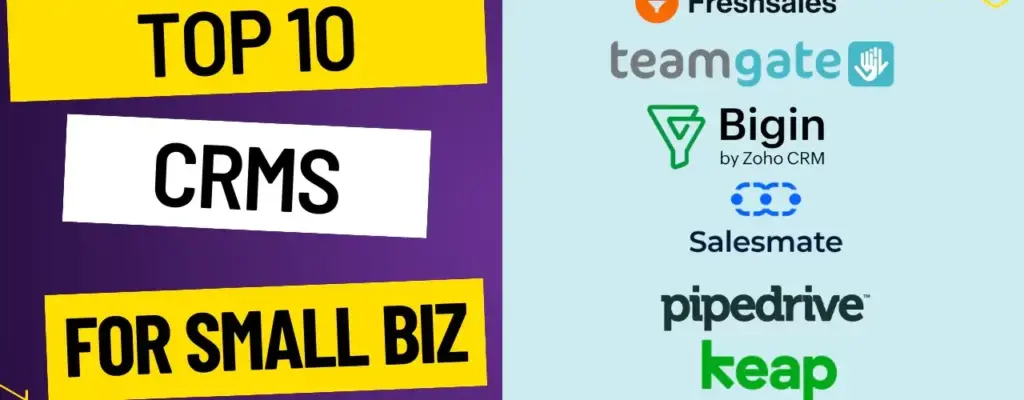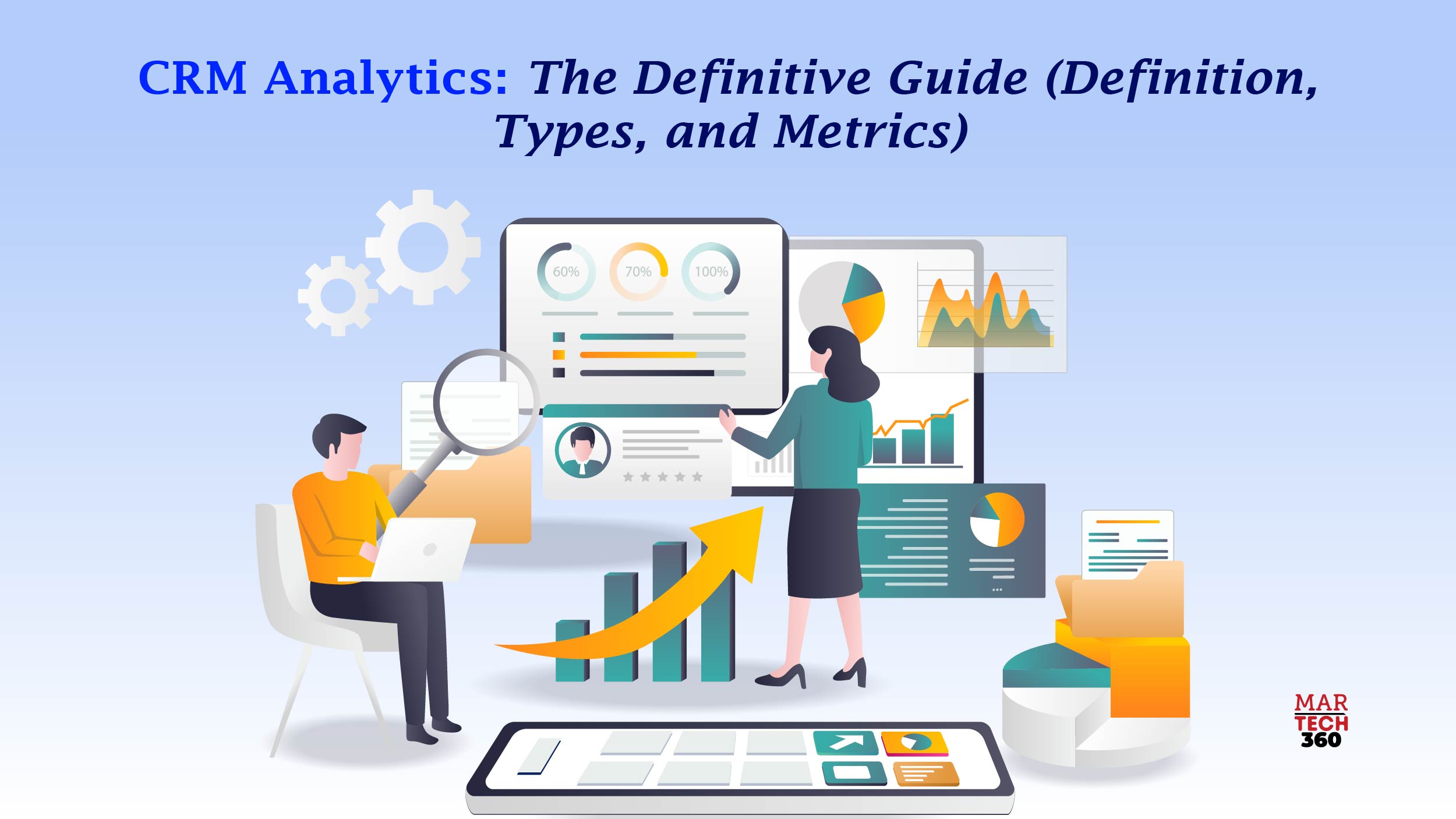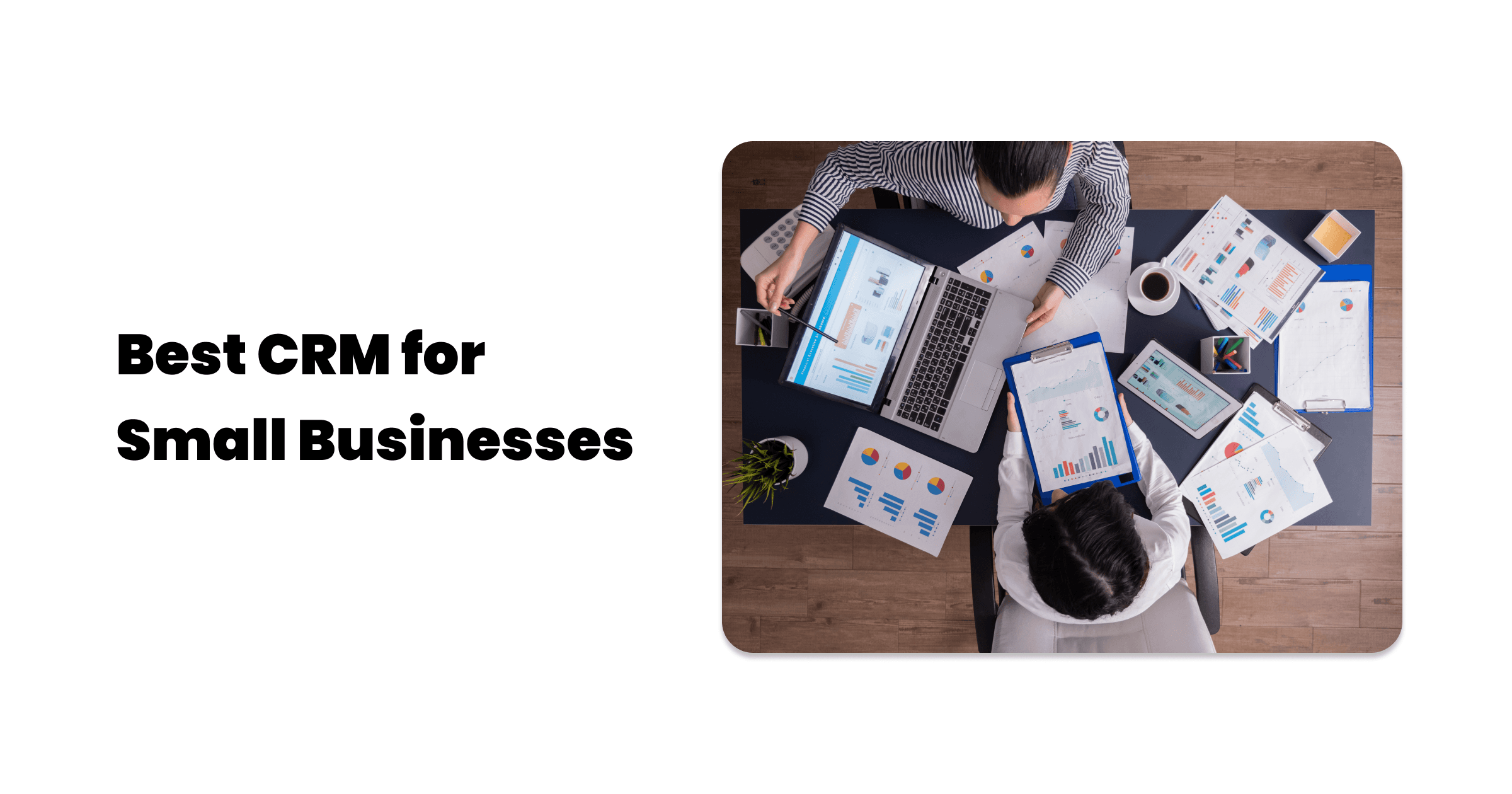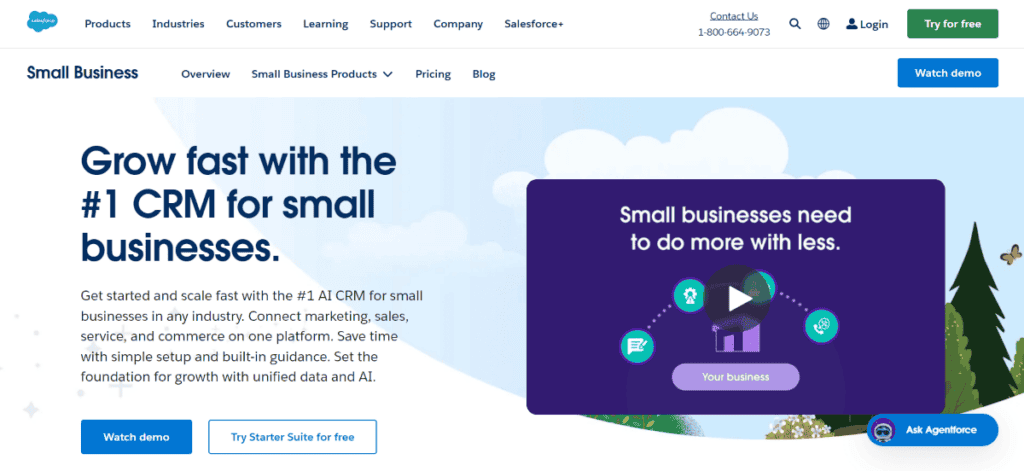Small Business CRM Innovations in 2025: Navigating the Future of Customer Relationships

Small Business CRM Innovations in 2025: Navigating the Future of Customer Relationships
The world of business is in a constant state of flux. What was cutting-edge yesterday is standard today, and what’s innovative now will be the norm tomorrow. For small businesses, staying ahead of the curve is not just a competitive advantage; it’s a matter of survival. One crucial area where this holds especially true is Customer Relationship Management (CRM). In 2025, the landscape of CRM for small businesses will be dramatically different than it is now, shaped by technological advancements, evolving customer expectations, and the ever-present need for efficiency and cost-effectiveness. This article delves into the key CRM innovations anticipated for 2025, exploring how they will impact small businesses and how entrepreneurs can prepare to leverage these changes for success.
The Current State of CRM for Small Businesses
Before we look ahead, let’s take a moment to understand where we are. Currently, small businesses often utilize CRM systems to manage customer interactions, track leads, automate marketing campaigns, and analyze sales data. These systems range from basic, off-the-shelf solutions to more sophisticated platforms customized to specific industry needs. The benefits are clear: improved customer satisfaction, increased sales, and better overall business efficiency. However, many small businesses still struggle with:
- Integration Challenges: Connecting CRM systems with other essential business tools, such as accounting software, email marketing platforms, and e-commerce sites, can be complex and time-consuming.
- Data Silos: Information often remains fragmented across different departments, hindering a holistic view of the customer.
- Cost Concerns: The price of advanced CRM solutions can be prohibitive for some small businesses, particularly those with limited budgets.
- User Adoption: Employees may resist adopting new CRM systems due to a lack of training, perceived complexity, or resistance to change.
These are the pain points that the innovations of 2025 will seek to address, promising more streamlined, user-friendly, and cost-effective solutions.
Key CRM Innovations Expected in 2025
The future of CRM for small businesses is bright, with several key innovations poised to revolutionize how they interact with customers. Here are some of the most significant advancements anticipated:
1. Artificial Intelligence (AI) and Machine Learning (ML) Enhanced CRM
AI and ML are no longer futuristic concepts; they are transforming business operations today. In 2025, AI will be deeply integrated into CRM systems, offering unprecedented capabilities:
- Predictive Analytics: AI algorithms will analyze vast amounts of customer data to predict future behavior, such as purchase likelihood, churn risk, and customer lifetime value. This will enable small businesses to proactively engage with customers and tailor their offerings.
- Automated Tasks: AI will automate routine tasks, such as data entry, lead qualification, and email responses, freeing up sales and marketing teams to focus on more strategic activities.
- Personalized Customer Experiences: AI-powered CRM will enable highly personalized interactions, delivering customized product recommendations, offers, and content based on individual customer preferences and past behavior.
- Sentiment Analysis: AI will analyze customer interactions, such as emails, chat logs, and social media posts, to gauge customer sentiment and identify potential issues before they escalate.
The impact of AI-driven CRM will be significant, enabling small businesses to make data-driven decisions, improve customer satisfaction, and boost sales.
2. Hyper-Personalization and Customer Segmentation
Gone are the days of generic marketing messages. In 2025, hyper-personalization will be the standard. CRM systems will leverage advanced segmentation techniques to create highly targeted customer segments based on a variety of factors, including demographics, purchase history, online behavior, and even psychographics (lifestyle and values). This allows for:
- Highly Targeted Campaigns: Businesses can create laser-focused marketing campaigns that resonate with specific customer segments, increasing engagement and conversion rates.
- Dynamic Content: Websites and email campaigns will dynamically adjust content based on the individual customer’s profile, ensuring that each customer sees relevant information.
- Personalized Product Recommendations: CRM systems will analyze customer data to recommend relevant products and services, increasing the likelihood of a purchase.
Hyper-personalization will be key to building strong customer relationships and driving sales growth.
3. Enhanced Mobile CRM and Accessibility
The workforce is increasingly mobile, and CRM systems must keep pace. In 2025, mobile CRM will be even more crucial, with:
- Seamless Mobile Integration: CRM systems will offer fully functional mobile apps that provide access to all the features of the desktop version.
- Offline Access: Sales reps will be able to access and update customer data even without an internet connection.
- Voice-Activated Commands: AI-powered voice assistants will enable users to interact with the CRM system using voice commands, streamlining data entry and updates.
- Location-Based Services: CRM systems will integrate with location-based services to provide sales reps with real-time information about customers and prospects in their vicinity.
Enhanced mobile CRM will empower sales teams to be more productive and efficient, regardless of their location.
4. Integration of CRM with the Internet of Things (IoT)
The IoT is rapidly expanding, with connected devices generating vast amounts of data. In 2025, CRM systems will seamlessly integrate with IoT devices, providing valuable insights into customer behavior and preferences:
- Smart Home Integration: CRM systems can integrate with smart home devices to understand customer preferences, such as the type of music they listen to or the temperature they prefer.
- Connected Appliances: Data from connected appliances, such as refrigerators and washing machines, can provide insights into customer usage patterns and needs.
- Wearable Technology: CRM systems can integrate with wearable devices, such as smartwatches and fitness trackers, to track customer activity and preferences.
This integration will allow small businesses to gain a deeper understanding of their customers and provide more personalized services.
5. Blockchain-Based CRM for Enhanced Security and Transparency
Data security is paramount, and blockchain technology offers a secure and transparent way to manage customer data. In 2025, we can expect to see:
- Secure Data Storage: Blockchain’s decentralized and immutable nature will provide a highly secure way to store customer data, protecting it from cyber threats.
- Increased Transparency: Customers will have greater control over their data and be able to see how it is being used.
- Improved Data Privacy: Blockchain can help ensure compliance with data privacy regulations, such as GDPR.
Blockchain-based CRM will build trust with customers and enhance data security.
6. CRM as a Service (CRMaaS) and Subscription Models
The trend towards cloud-based solutions will continue, with CRMaaS becoming even more prevalent. This will provide small businesses with:
- Cost-Effectiveness: Subscription-based models eliminate the need for upfront investments in hardware and software.
- Scalability: Businesses can easily scale their CRM system up or down as their needs change.
- Automatic Updates: CRMaaS providers handle software updates and maintenance, freeing up internal IT resources.
- Integration with Existing Systems: Many CRMaaS providers are focusing on easy integrations with other business tools.
CRMaaS will make advanced CRM solutions accessible and affordable for small businesses.
Preparing Your Small Business for the Future of CRM
The innovations coming to CRM in 2025 will offer significant opportunities for small businesses. However, to reap the rewards, businesses need to prepare. Here’s how:
1. Assess Your Current CRM Needs
Before implementing any new CRM solution, evaluate your current needs. What are your business goals? What are your pain points? What features are essential? This assessment will help you choose a CRM system that aligns with your requirements.
2. Invest in Training and Education
Ensure your employees are trained on the new CRM system and understand how to use its features. Provide ongoing training to keep them up-to-date with the latest advancements. Encourage them to embrace these new technologies so they can use them effectively.
3. Prioritize Data Quality
The effectiveness of any CRM system depends on the quality of the data. Ensure your data is accurate, complete, and up-to-date. Implement data cleansing processes to maintain data integrity. Make this a continuous process to ensure the system always has the most up-to-date information.
4. Embrace AI and Automation
Explore how AI and automation can streamline your CRM processes. Implement AI-powered features to improve customer interactions and automate tasks. This will save time and allow your team to focus on more critical activities.
5. Focus on Personalization
Develop strategies to personalize customer interactions. Use segmentation techniques to create targeted marketing campaigns and deliver customized content. The more personalized the experience, the more likely you are to build strong customer relationships.
6. Foster a Customer-Centric Culture
Ensure your entire organization is customer-focused. Make customer satisfaction a top priority. Encourage your employees to build relationships with customers and provide excellent service. A customer-centric culture will help you succeed with any CRM system.
7. Stay Informed and Adapt
The CRM landscape is constantly evolving. Stay informed about the latest trends and innovations. Be prepared to adapt your CRM strategy as needed. This will ensure you can remain competitive and meet the changing needs of your customers. Read industry publications, attend webinars, and follow thought leaders in the CRM space.
Conclusion: The Future is Now
The innovations coming to small business CRM by 2025 are poised to revolutionize how businesses interact with their customers. By embracing these changes, small businesses can gain a significant competitive advantage, build stronger customer relationships, and drive sustainable growth. The key to success is to prepare now, assess your needs, invest in training, prioritize data quality, embrace AI and automation, and foster a customer-centric culture. The future of CRM is here, and the time to act is now.





